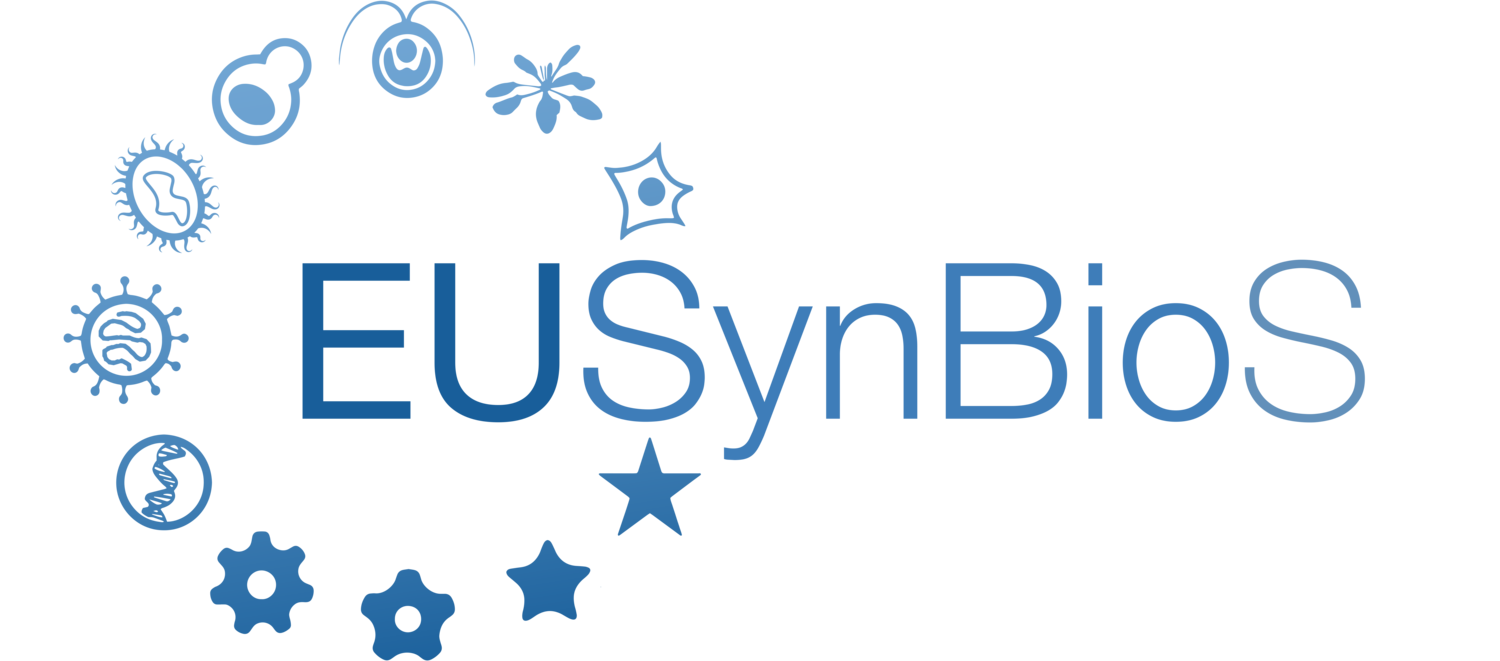10,000 Genes for the Synthetic Biology Community: Twist Bioscience Partners with the BioBricks Foundation
“With exponential discoveries taking place every day, we are in an exciting era of biology as researchers unlock the potential of DNA.”
Emily M. Leproust, Ph.D., CEO of Twist Bioscience
"Most of biotechnology has yet to be imagined, let alone made true.”
Drew Endy, Ph.D., associate professor of bioengineering at Stanford University and president of the BioBricks Foundation
As Synthetic Biology leaps forward from its infancy into its formative years, we’ve seen the price and time of DNA synthesis dropping to the extent that we are now rarely constrained by availability of the ‘parts’. As Prof. Endy alludes to, our greatest roadblock will soon be the limits of our imagination. Twist Bioscience’s (www.twistbioscience.com) recent partnership with the BioBricks Foundation (www.biobricks.org) is a major step forwards towards this vision. The partnership aims to make 10,000 genes freely available to the research community – with us as the SynBio community suggesting which genes should be made. Once built by Twist Bioscience, the genes will be shared with the community by the BioBricks Foundations. This represents the first time that multiple genome-equivalents of synthetic DNA will be made available at no cost to the research community – a major milestone for Synthetic Biology.
We got in touch with Emily Leproust, CEO of Twist Bioscience to find out more.
Q. Synthetic Biology is a very fast moving field – how do you think the challenges now compare to 5 years ago?
Five years, ago, synthetic biology required painstaking work to achieve results. Synthesizing DNA could only be done in the smallest of quantities. Gene editing was held back by a myriad of technical and biological impediments.
Since then, Twist Bioscience has changed the way DNA is synthesized. Our silicon-based manufacturing process has led to cost-effective, rapid, high-quality and high throughput synthetic gene production. This, in turn, expedites the design, build and test cycle in many industries – pharmaceutical and biotech, industrial chemicals, agricultural biotech, academia and even digital data storage.
In addition, the discovery of the CRISPR gene-editing technique, with its ability to guide precise, directed changes to genomic DNA is making it much easier for researchers to manipulate DNA. They can now cut sequences and repair DNA where needed. Thus, the process of gene editing has become easier and cheaper. The emergence of CRISPR has ushered in a new era of genetic investigation.
The challenge going forward is to leverage the great potential that these technologies offer us to continue to develop breakthroughs in fields such as personalized medicines, pharmaceuticals, sustainable chemical production, improved agriculture production, diagnostics, DNA data storage, and more. We’ve already seen incredible advances with coats and shoes now made from spider silk, tires and carpet made in sustainable ways, new methods of food production, and I believe we’ve only seen the tip of the iceberg.
Q. What is the rough timeline for this project – when will the genes will become available to the research community?
The BioBricks Foundation will moderate a free and open online forum that allows researchers anywhere to suggest which genes should be built. Genes gaining enough "up votes" that are determined to be of public benefit may then beprioritized for selection by BBF. Twist Bioscience will manufacture the genes for BBF. Twist Bioscience has already received and manufactured the first order of genes.
Q. Is the project designed to span SynBio in a range of host organisms, or will it be focusing on genes for mammalian/ yeast/ bacterial expression systems?
Suggestions for gene use can come from all fields of biology.
Q. What is your vision for Synthetic Biology 10 years from now, and how are can Twist Bioscience help us get there?
I believe that synthetic DNA can improve sustainability by making products in a different way - for example, we can make plastics today without starting from the petrochemicals in oil, by using yeast or e.Coli to create the same materials. Also, synthetic DNA already has, and will continue to, play an important role in the development of new medicines, diagnostic tools and precision therapeutics. The third area of tremendous importance is food safety. With synthetic biology, there are ways to drastically improve food security by engineering both crops or even the symbiotic bacteria in the soil to benefit all. This could play a role in the developing world as well as the United States, Europe and Asia.
Overall, the ‘50s were about aerospace (satellites, planes), the ‘70s about semi-conductors, the ‘80s about computers, the’ 90s about software and ‘00s about the Internet. We are now in the biology era, and biology and specifically synthetic DNA will have a massive impact and create tremendous value. At Twist Bioscience, we provide the material necessary to accelerate research and look forward to playing a key role in this exciting time.
Twist Bioscience are a kind sponsor of the EUSynBioS annual Symposium in Madrid 31s August – 1st September. For more information on the partnership with the BioBricks Foundation, visit www.twistbioscience.com or www.biobricks.org.
Emily Leproust
CEO and Founder, Twist Bioscience

